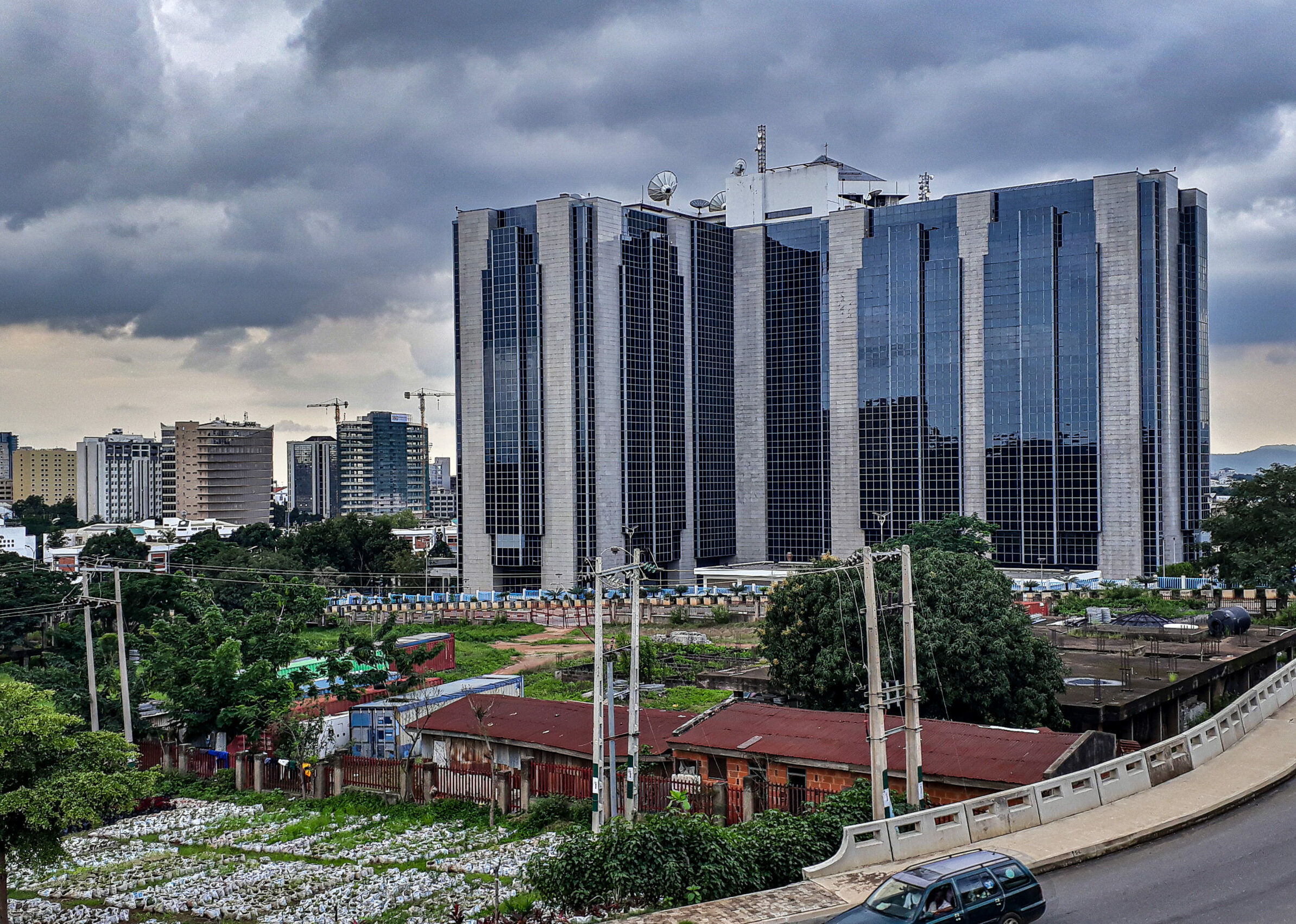This Rejoinder to Onikepo Braithwaite’s piece of 24/6/2025, “It’s Time to Arrest the Killings”, by Rear Admiral Bolanle Ati-John (Rtd), goes on to proffer numerous viable suggestions on how Nigeria can effectively fight its insecurity problem, including a heavy deployment of technology and the use of local regional forces who are familiar with their home terrains
Background: Onikepo Braithwaite’s Article
Onikepo Braithwaite’s recent article, “It’s Time to Arrest the Killings”, is a critical and courageous intervention. She cuts through the comfortable, misleading language that has long softened the brutality of Nigeria’s security crisis. By calling out the phrase “communal clashes” as a lazy and dangerous euphemism, Braithwaite forces the nation to face what has been unfolding for years: a sustained campaign of terror, land seizure, and displacement that has devastated communities in Benue, Plateau, Kaduna, and beyond.
Her insistence that we must stop normalising these atrocities is both timely and necessary. The killings she describes are not random, they are not spontaneous, and they are not the inevitable by-products of social tensions. They are the result of deliberate attacks, predictable patterns, and a security system that consistently shows up after the fact.
But, if we are to truly arrest the killings – as Braithwaite demands – we must go even further. We must confront the brutal truth that, Nigeria’s security architecture is not just failing because it is under-resourced. It is failing because it is fundamentally designed to react, not to prevent. And, by the time our security forces react, entire villages have already been burned to the ground.
It is a deadly cycle that has played out with cruel precision, across Nigeria’s most vulnerable regions. The attackers plan, strike, and vanish long before security reinforcements arrive. The survivors bury their dead. Government officials issue condolences. Investigations are promised, but rarely concluded. Then the process repeats itself. We cannot continue like this.
If Nigeria is serious about protecting its people, it must now build a security system that gets there first. The era of helpless reaction must end. The era of intelligent prevention must begin.
Technology Must Lead the Way
The tools to make this shift, already exist. Nigeria does not have to invent them. Drone surveillance, satellite imagery, geofencing of high-risk rural areas, and mobile-based early warning systems are all practical, proven technologies. They have been used to monitor insurgencies in East Africa, to track poachers in Southern Africa, and to prevent village raids in fragile parts of South Asia. These are not luxuries. For a country as vast and vulnerable as Nigeria, they are essential.
In many of the attacks that Braithwaite describes, the warning signs were visible well before the violence. Suspicious movements, abandoned farms, the build-up of armed groups – all of these were detectable. But, Nigeria’s current security system lacks the capacity and the urgency to see them in time.
Imagine instead, a system where drone patrols monitor remote farmlands in real time. Where satellites flag unusual gatherings in forest corridors. Where villagers can issue distress signals through simple mobile apps that instantly trigger alerts to nearby security posts. This is not science fiction. This is basic modern security infrastructure.
But, technology alone, will not save us.
Security Must Go Local and Regional
Nigeria must finally abandon the dangerous illusion, that security can be centrally managed from Abuja. The Federal Government cannot possibly protect every farm, every village, and every highway in a country this large. Yet, for decades, Abuja has clung to near-total control of armed security forces, while leaving State and regional actors under-equipped and under-authorised. This approach is no longer sustainable.
The idea that States and local communities should play a primary role in their own defence, is not radical. It is common sense. State Governors, local leaders, and community-based security groups, are often the first to hear of impending threats. They have the terrain knowledge, the language fluency, and the trust of local populations – advantages that Federal forces rarely enjoy.
Structures like the Àmòtèkun Corps in the Southwest, Ebube Agu in the Southeast, and vigilante groups in the North, have already emerged out of sheer necessity. These groups are often the first responders, when Federal forces are absent or arrive too late. Rather than viewing them with suspicion, the Nigerian Government should formally recognise, regulate, and strengthen them.
To be clear, this is not a call for fragmented militias or for security structures to become political weapons. That risk is real, but the solution is not to paralyse local action – it is to build accountability into the system.
Regional security coordination, is the missing layer. Nigeria’s six geopolitical zones should serve as natural platforms, for security collaboration across State lines. Criminal networks, bandit gangs, and terrorist cells, do not respect administrative boundaries. Security responses should not be trapped by them.
Each region should develop its own security coordination centres, equipped to track threats in real time, to share intelligence rapidly across states, and to mobilise joint responses without waiting for Abuja’s green light. These regional hubs would not replace federal security forces but would work alongside them, combining federal resources with local speed and local knowledge.
This is how Nigeria builds a security system, that can get there first.
Funding: A Question of Priorities
One of the silent tragedies in Nigeria’s security failure, is the consistent excuse of insufficient funds. We hear it after every massacre. The security forces lacked fuel, lacked vehicles, lacked helicopters, lacked weapons. But, somehow, there is always enough money for bloated political entourages, for unnecessary capital projects, for obscene election spending.
Let’s be honest: budgets are moral documents. When a government claims it cannot find the funds to protect its citizens, what it is really saying is that protection is not a priority. The protection of life, must no longer be negotiable. If Nigeria can fund political campaigns that flood cities with billboards and charter flights, it can certainly fund regional security hubs, drones, and mobile alert systems. The country’s leaders must reorder spending, to reflect the true value of Nigerian lives. This is not a matter for international donors. The lives of Nigerians, should not depend on the goodwill of foreign partners. Nigeria has the resources. It has simply failed to apply them, where they matter most.
Guarding Against Abuse
Braithwaite warns, rightly, about the dangers of security failure. But, we must also be vigilant about the dangers of security overreach. Any system that invests heavily in surveillance and expands the role of local security forces, must come with strict guardrails. Nigeria cannot afford to trade one danger for another.
The abuse of surveillance technology is not hypothetical. Across Africa, we have seen spyware deployed against journalists, opposition figures, and human rights defenders. In Nigeria itself, concerns have been raised about the targeting of critics under the guise of security monitoring.
If Nigeria is to adopt security technologies, they must be designed and deployed with transparency from the start. Civilian-led oversight bodies, must monitor their use. Procurement processes must be open, competitive, and free from political interference. Data protection policies must be clear and enforceable.
The new security system must protect both the physical safety, and the democratic freedoms of the Nigerian people. We cannot build a shield for some, and a sword against others.
The Legal Ground is Solid
There is no constitutional barrier, to building the system Nigeria needs. The Constitution rightly prohibits States from forming independent armed forces, but it does not prevent the creation of well-coordinated, technology-driven, community-based security structures.
States can deploy surveillance tools, establish early warning systems, fund local security initiatives, and cooperate across regions without violating constitutional provisions. The obstacle is not legal. It is political. It is a persistent centralisation reflex, that resists giving States and regions the tools they need to act swiftly.
This is a failure of imagination. And, it is a failure of courage.
This is Not Abuja’s Battle Alone
The greatest mistake Nigeria could make, is to continue waiting for a Federal rescue that never arrives on time. Federal forces cannot be everywhere. They cannot hear every warning. They cannot respond to every threat, before it becomes a tragedy.
What Braithwaite’s intervention makes clear – and what must now be fully accepted – is that security in Nigeria is not the exclusive responsibility of the Federal Government. It is a shared responsibility. It is a multi-layered effort that requires Federal, State, regional, and community actors working in real-time collaboration. If Nigeria remains locked in its current security model, the results are predictable. More villages will fall. More lives will be lost. More families will grieve while the nation debates, investigates, and delays.
But, there is another path. Nigeria can build a security system, that anticipates danger. A system that uses technology to see threats, before they strike. A system that empowers local responders and regional coalitions, to act swiftly. A system that prioritises prevention over reaction. A system that is both accountable and effective.
The choice is clear. The clock is ticking. The lives that can be saved, are waiting. And, the courage to save them must no longer wait.
Rear Admiral K Bolanle Ati-John (Rtd)




